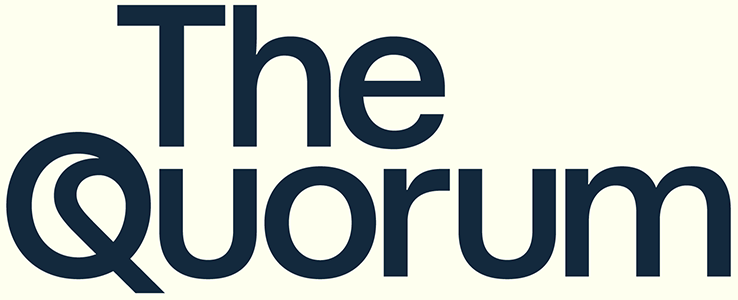Could it be that we will look back at this weekend as an inflection point for theatrical? BARBIE appears to be a once-in-a-decade film event, OPPENHEIMER is creating new rules for PLF titles, while SOUND OF FREEDOM is poised to cross $100M. None of these are sequels. None of these have huge budgets. None of these are effects-driven, and there is not a superhero in sight.
If we rewind just a few months, we were all looking forward to a robust summer that would return theatrical to its pre-pandemic glory. The summer slate was filled with all the greatest hits. GUARDIANS was back. Same for MISSION IMPOSSIBLE, INDIANA JONES, and the FAST family. We had mermaids and SPIDER-MAN alongside the would-be smash newbie, THE FLASH. It was all the hits and no filler. Now, that’s what I call movies.
SPIDER-MAN: ACROSS THE SPIDER-VERSE lived up to expectations, while GUARDIANS OF THE GALAXY VOL. 3 was a solid double, but as we moved deeper into the summer, euphoria turned to concern as FAST X did okay, THE FLASH and INDIANA JONES AND THE DIAL OF DESTINY nose-dived and MISSION: IMPOSSIBLE – DEAD RECKONING showed that even Tom Cruise–the biggest star in the world—couldn’t transcend the box office ceiling for his Ethan Hunt franchise.
But now look where we are. The great pink savior has arrived. Not only will BARBIE go a long way towards erasing the losses of THE FLASH, but it has shed a bright light on the error of our ways. Audiences don’t want stodgy IP. They don’t want their parent’s franchises. Cookie cutter plots? No thanks.
The history of theatrical is filled with cinematic eras. In the past half-century, the “New Hollywood” era of the 1970s introduced directors like Scorsese, Pakula, Coppola, Spielberg, and Lucas. The ’80s were arguably the most family friendly, with ET, LOOK WHO’S TALKING, GHOSTBUSTERS, HONEY I SHRUNK THE KIDS, and BACK TO THE FUTURE ranking among the highest-grossing pictures of the decade. In 1989, SEX LIES AND VIDEOTAPE ushered in the Miramax art-house era that dominated through the early 2000s.
The modern superhero era jumped to the foreground with IRON MAN in 2008. This, the launch of the MCU, marked the beginning of a remarkable 15-year run that, until recently, has only been matched by Pixar in its unblemished record of success. Fifteen years is a long time. And the sheer dominance of the genre left many to wonder if the superhero era would ever fade. And, if it did, what would it look like? What would take its place?
Over the past two years, cracks have emerged. ETERNALS was the first MCU title to not receive rapturous reviews. MORBIUS became a punchline. ANT-MAN AND THE WASP: QUANTUMANIA fell 70% in its second week and barely achieved a two multiple. THE FLASH is being called one of the biggest bombs in film history, and the upcoming BLUE BEETLE looks like another major misfire.
So, perhaps this is the moment. A moment being ushered in by BARBIE, OPPENHEIMER, and SOUND OF FREEDOM.
If so, what are the takeaways? Here’s a big one. The box office comprises more than just men, specifically fanboys. People of all stripes will show up if you offer them films they want to see—not made at the behest of focus groups, but made by filmmakers like Greta Gerwig who authentically represent the voice of the project.
But this weekend is not just about women showing up. It’s also about conservative audiences lifting SOUND OF FREEDOM to a $100M+ haul. It’s about catering to the enthusiasts that are ride-or-die with PLF; those who will only see OPPENHEIMER on an IMAX screen primarily because they know Christopher Nolan is also an IMAX lover. He is one of them, which only deepens the audience’s connection to the filmmaker and the format.
As superheroes begin to recede, the success of these films will inspire studios to reconsider their business model. BARBIE is giving Hollywood permission to flip the script—to embrace the possibility that the next great theatrical era may be one that welcomes everyone to the party: people of all genders, ages, and interests. Only time will tell, but giving a variety of films the love and attention that Disney gave to the MCU may be the only way forward for the business.


 © 2024 The Quorum, LLC, All Rights Reserved.
© 2024 The Quorum, LLC, All Rights Reserved.